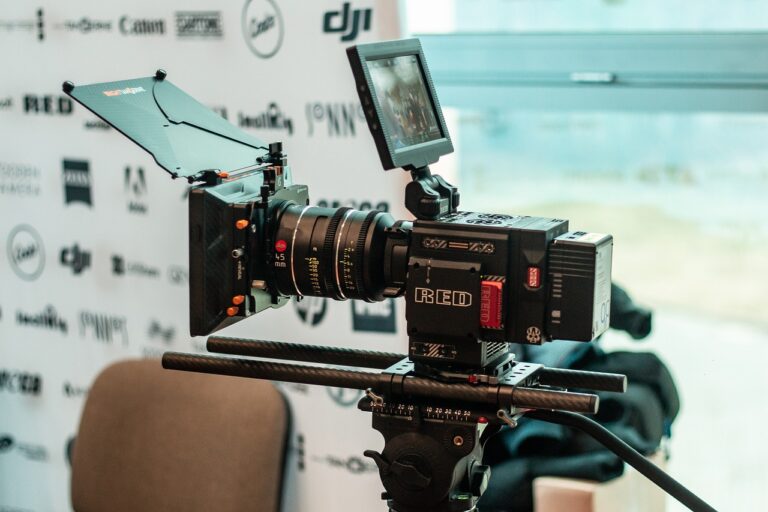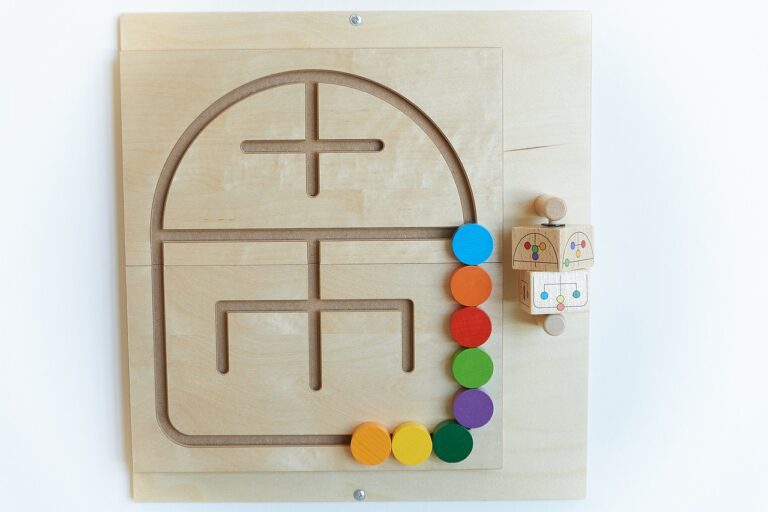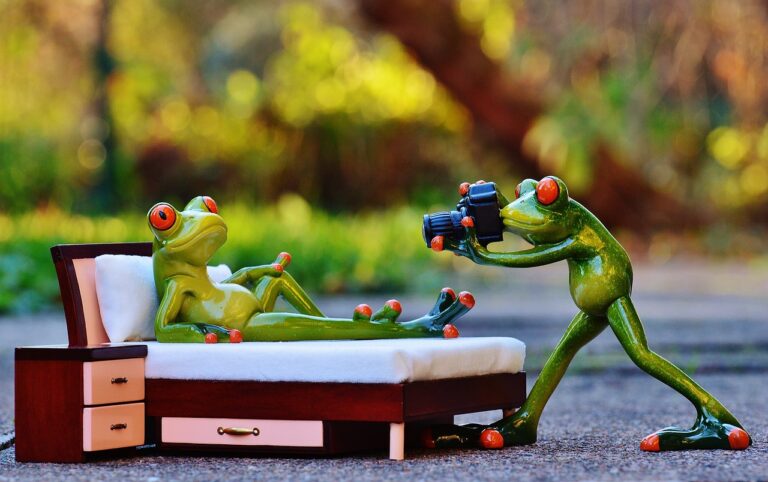The Role of Sound Editing in Historical Accuracy in Film: 11xplay reddy login id and password, King567 signup, Skyinplay exchange
11xplay reddy login id and password, king567 signup, skyinplay exchange: There’s no denying that historical accuracy in film is crucial to creating an immersive and authentic viewing experience for audiences. From costumes and set designs to dialogue and props, every detail plays a vital role in transporting viewers to a different time and place. However, one often overlooked aspect of historical accuracy in film is sound editing.
Sound editing may not be the first thing that comes to mind when thinking about historical accuracy, but it plays a significant role in creating a realistic and believable atmosphere. Imagine watching a film set in the 1800s, only to hear modern-day music playing in the background. It would completely ruin the illusion and take viewers out of the story.
Sound editing in film involves the careful selection and placement of sound effects, music, and dialogue to enhance the storytelling and create a sense of realism. When it comes to historical films, sound editors are tasked with recreating the sounds of a bygone era, from the bustling streets of 19th-century London to the roar of cannons on a Civil War battlefield.
The Role of Sound Editing in Historical Accuracy
1. Creating Authentic Ambiance
Sound editors use a variety of techniques to create authentic ambiance in historical films. They may incorporate period-appropriate sound effects, such as horse-drawn carriages or ticking clocks, to transport viewers back in time.
2. Enhancing Realism
Sound editing can enhance the realism of a historical film by adding subtle background noise, like the chatter of a crowded market or the rustling of leaves in a forest. These details may seem insignificant, but they help to create a more immersive viewing experience.
3. Capturing Historical Events
In films that depict historical events, sound editing is crucial for capturing the sound of the era. Whether it’s the roar of a crowd at a political rally or the clang of swords in a battle scene, the right sound effects can bring these moments to life.
4. Setting the Mood
Sound editing also plays a key role in setting the mood of a historical film. By carefully selecting music and sound effects, editors can create tension, suspense, or excitement, depending on the scene’s requirements.
5. Maintaining Consistency
Consistency is vital to historical accuracy in film. Sound editors must ensure that all sound elements align with the film’s time period and setting to maintain a cohesive and believable world for viewers.
6. Adding Depth to Characters
Sound editing can also add depth to characters in historical films. By incorporating specific sounds that reflect a character’s background or personality, editors can enhance the audience’s understanding and emotional connection to the story.
FAQs
Q: How do sound editors research historical sound for films?
A: Sound editors conduct extensive research on the time period depicted in the film, studying historical records, visiting relevant locations, and consulting experts to ensure accuracy.
Q: Are there any challenges in creating historically accurate sound for films?
A: Yes, one of the main challenges is finding authentic sound recordings or recreating them with modern techniques while remaining true to the period.
Q: How important is sound editing in overall film production?
A: Sound editing is a crucial aspect of film production, as it enhances storytelling, creates atmosphere, and immerses audiences in the world of the film.
In conclusion, sound editing plays a vital role in historical accuracy in film by creating authentic ambiance, enhancing realism, capturing historical events, setting the mood, maintaining consistency, and adding depth to characters. By paying attention to sound details, filmmakers can transport audiences to a different time and place, making for a truly immersive viewing experience.







